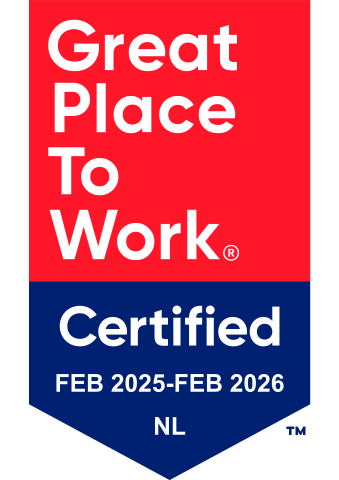Non-price criteria (NPC) are gaining prominence in renewable energy auctions, moving beyond the traditional “price-only” approach that awarded projects based solely on cost. The EU’s State Aid Guidelines for Climate, Energy, and Environment, introduced in 2022, now allow governments to allocate up to 30% of auction evaluations to non-price factors. The Net Zero Industry Act (NZIA), adopted in 2024, further mandates that at least 30% of renewable energy auctions incorporate NPC, marking a significant shift in how these projects are assessed and awarded.
Incorporating qualitative factors in offshore wind projects
For renewable energy developers, these changes mean that success in tenders will depend on more than just offering the lowest price. While qualitative criteria have been part of public procurement for decades, the inclusion of NPC in offshore wind projects signifies a major shift in how these projects are evaluated and awarded. NPC not only allows for financial scrutiny but also introduces important social, environmental, and feasibility factors. Developers must demonstrate a strong commitment to environmental stewardship, community engagement, and system innovation. Understanding and excelling in NPC is crucial for winning future projects, as governments increasingly prioritize these qualitative factors alongside price.
Non-price criteria can be found in the three stages of a bid, namely as minimum requirements, pre-qualification requirements and award criteria. For instance, in the Danish 6GW tenders, NPC are applied as stringent minumim requirements. These include nature- inclusive design, Life Cycle Assessments (LCA), Environmental Product Declaration (EPD), recyclability of turbine blades, and corporate social responsibility (CSR).
NPC focus areas
These criteria fall into several key categories, among others: sustainability, environment, social and economic benefits (local content), and system integration.
Environment
Countries like Germany and the Netherlands have introduced measures aimed at reducing the impact of wind farms on marine ecosystems, focusing on reducing noise pollution and minimizing disturbance to marine mammals. These criteria ensure that renewable projects align with broader ecological goals, not just financial efficiency.
Local economic and social benefits
In addition to environmental factors, many countries emphasize local economic and social benefits through criteria aimed at boosting domestic supply chains and creating jobs. Norway, for example, requires developers to support the local supply chain and contribute to community development through skill-building initiatives. Belgium is preparing to introduce criteria that mandate citizen participation, ensuring that at least 1% of total project investment comes from local communities.
System integration
System integration is another critical area of focus, particularly as renewable energy projects like offshore wind must be seamlessly integrated into national grids. The Netherlands has been a leader in this area, introducing criteria that reward innovative solutions for energy storage and grid management, ensuring that projects contribute to a more resilient and flexible energy system. Typical solutions include green hydrogen production, battery-energy storage solutions (BESS), and large-scale e-boiler installations.
The growing importance of NPC in auctions is not confined to Europe. Countries like the UK, Australia, and Japan are also incorporating similar criteria in their renewable energy tenders, recognizing the value of qualitative factors in fostering long-term sustainability and resilience.
To explore these criteria in more detail and understand how they are shaping the renewable energy landscape, you can refer to our article on the non-price proposals.
Elevate your bid with Flux Partners
Flux Partners can help developers excel in non-price criteria tenders by leveraging our expertise in bid management and strategic alignment. We ensure your bid is crafted with a multidisciplinary approach, integrating key aspects like environmental sustainability, local community engagement, and system innovation. By aligning your organizational strengths with NPC demands, building the right teams, and forming strategic partnerships, Flux Partners ensures your proposal stands out, maximizing scoring potential and increasing your chances of winning in a competitive tender landscape.
